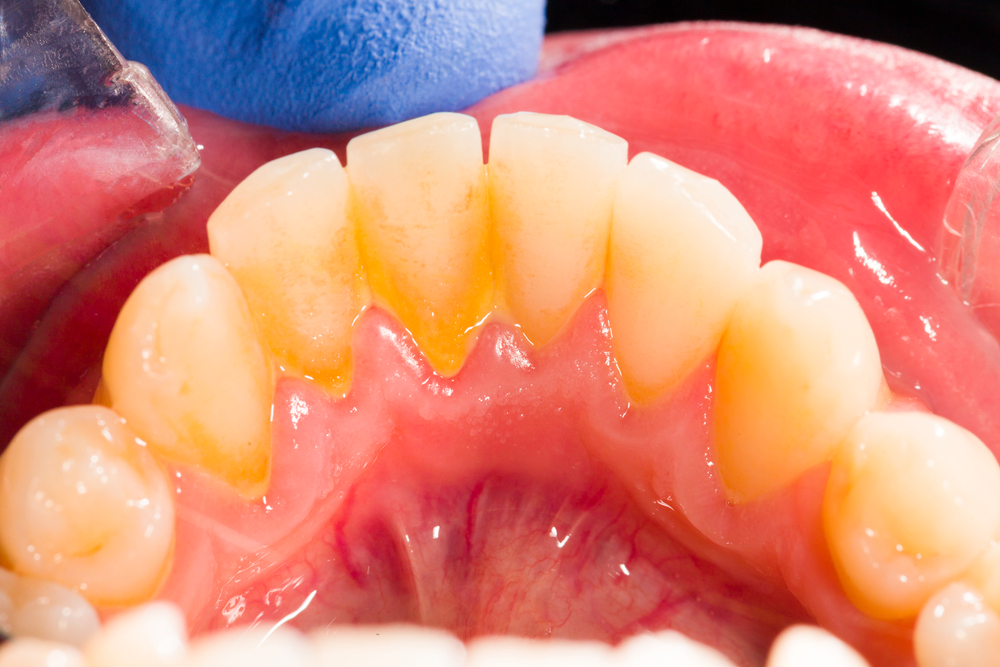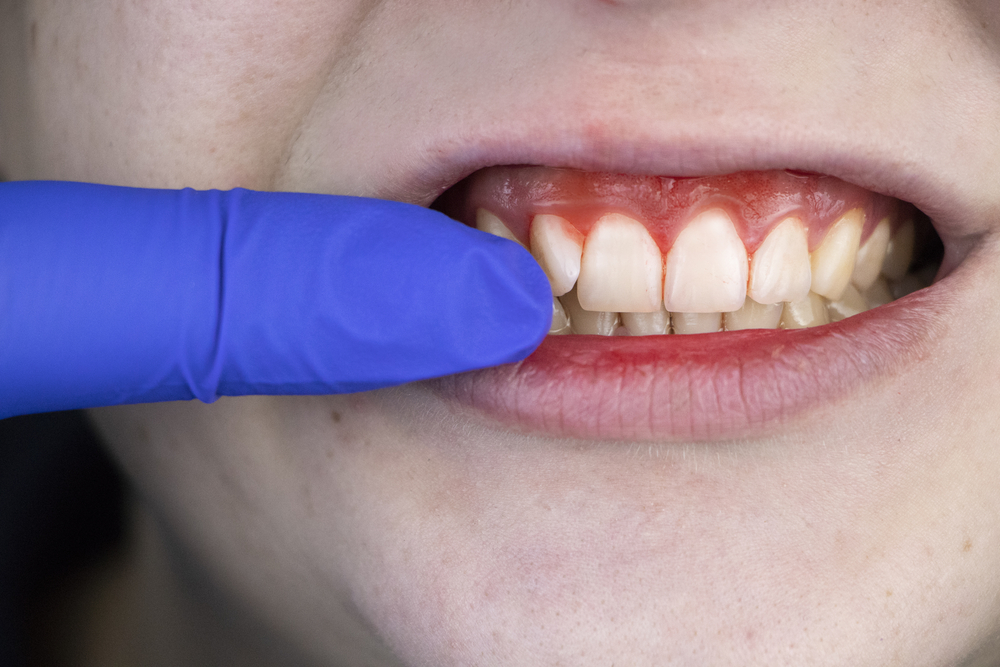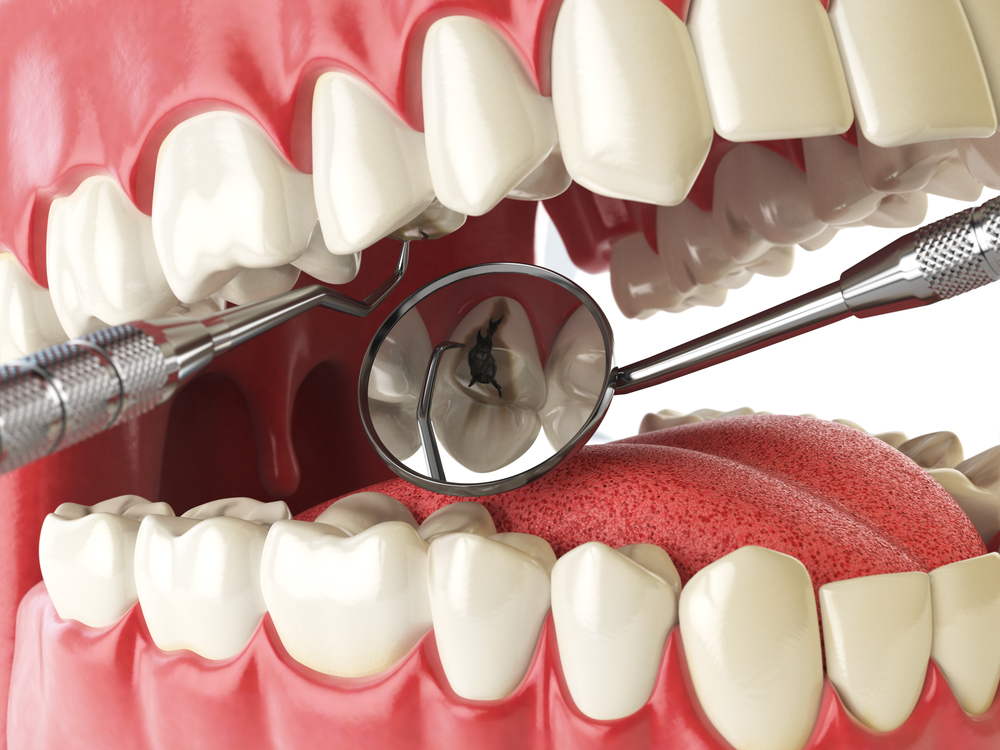6 Reasons Why You Need to Floss Every Day
Aug 8, 2022

Dentists typically recommend that you floss your teeth every day. However, many people, even adults, forget to floss or don’t make it a part of their daily routine. Flossing is important for your oral health, however. Here are some reasons why you should floss every day.
Reason #1
Flossing Gets Rid of Plaque
Plaque is a sticky film that can build up on your teeth and your gums that contains bacteria. This bacteria is harmful to your oral health because it produces acids, which can wear away at the enamel on your teeth. The enamel is what protects your teeth from tooth decay and other problems. If acid from the bacteria in plaque damages it, you lose the protection that it offers and are at higher risk of cavities and gum disease.
Flossing removes plaque from in between your teeth, areas that your toothbrush may not be able to reach.
Reason #2
Flossing Reduces the Risk of Gum Disease
Gum disease, which is also often called gingivitis or periodontitis, is a disease that can damage the gums in your mouth and ultimately even destroy parts of the jawbone. Gum disease can also result in tooth decay and can have other negative impacts on your health. For example, gingivitis can increase your risk of certain heart and lung diseases.
Gum disease is caused by poor oral hygiene and is therefore fortunately preventable. Flossing can help to reduce the buildup of plaque and therefore also reduce the risk of gum disease.
Reason #3
Flossing Helps to Prevent Cavities
Food particles and plaque can build up in between your teeth. If left there, this can cause bacteria to grow that would then eat away at the enamel and increase the risk of cavities. Bacteria in the mouth produce acids that wear away at the enamel. With the protection of the enamel reduced, your teeth are more susceptible to cavities.
Flossing removes the particles and plaque that could cause tooth decay, thereby keeping your teeth healthier.
Reason #4
Flossing Can Improve Your Heart Health
Poor oral health can also have an impact on the health of your heart. Gum disease has been linked to an increased risk of heart disease. Bacteria from the mouth can enter the bloodstream and negatively impact the heart.
Flossing can reduce the amount of plaque in the mouth and thereby also reduce the bacteria that could get into the bloodstream and affect the heart.
Reason #5
Flossing Can Improve Lung Health
Gum disease and poor oral hygiene have also been linked to lung disease. This is because if your gums are inflamed or infected, the rest of the immune system goes on high alert. Additionally, the airways can become inflamed, too. If you already have a lung condition such as asthma or COPD, gum disease could make the inflammation worse.
You can reduce the risk of inflammation in the airways by flossing to prevent the gums from becoming inflamed.
Reason #6
Flossing Can Reduce Bad Breath
Bad breath, also known as halitosis, can be caused by food particles in the mouth decaying. Gum disease and tooth decay can also contribute to bad-smelling breath. Improving your oral health can reduce the risk of both gum disease and tooth decay.
Flossing can remove food particles that might cause bad breath as well as prevent oral health problems that could contribute to halitosis.
For informational purposes only.
















